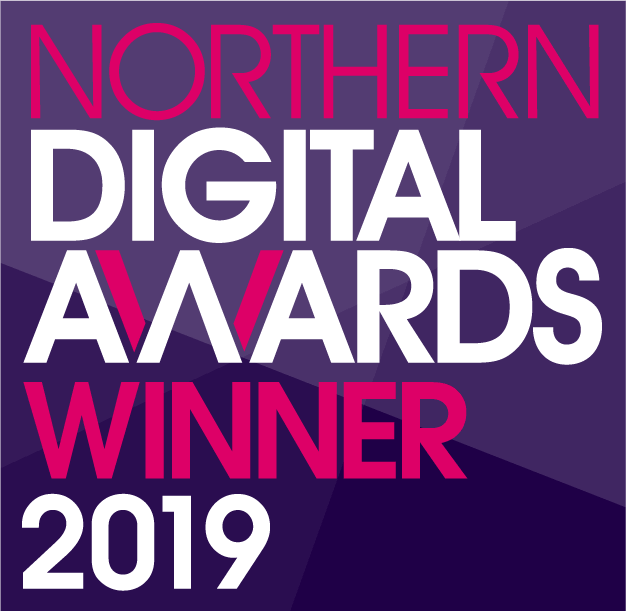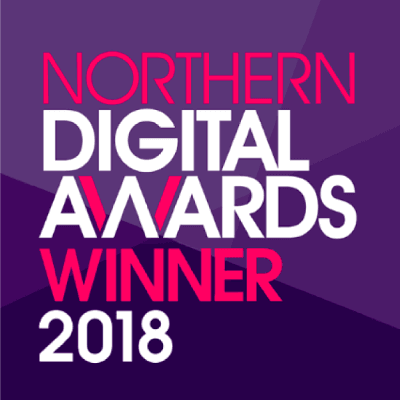What is link-worthy content?
It’s not all that uncommon today for any type of marketing agency to sometimes lose sight of what news is. Or, at least, the importance of it.
It’s still a misconception by some that a restaurant’s special offer will be covered by The Times, or that newspaper websites will quite happily direct people to the menu by including a link in the story - if it even gets that far.
What is link worthy content?
The value of PR filters into various types of marketing, from brand awareness to product marketing to SEO. Word of mouth and, by association, media coverage, is a very powerful thing. Remember that the most simple rule still counts - the more people know about you, your organisation and what it does, the more opportunities it has to flourish.
It’s true that, for SEO purposes, it’s better to drive people to your website as directly as possible but, to do that, journalists need a particularly good reason to include a link in their articles. This route, though, is paved with PR campaigns that were discarded with a wave of an editor’s hand.
Who follows who?
Because putting a link in a story will direct readers away from the news website, it needs to point to content that’s genuinely useful to read, rather than something that might be seen as sales-focused or arbitrary.
So, to understand what can make journalists deem a particular piece content worth linking to or not, remember that the media audience is king.
A journalist’s main loyalty is to their readers. The news organisation’s priority is advertisers. More readers generally equals more advertisers which, in turn, equals more revenue.
To keep the readers as loyal as possible, and to make sure that the website is their go-to news source, journalists must be sure not only that the articles they publish are of genuine interest, but also that anything those articles link to will realistically be useful. That way, readers will know that content produced by that particular news website is trustworthy, and they’ll return.
It’s got to be worth it for readers
The common mistake that’s made in trying to tap into this is to do it as simply as possible. It’s tempting to create a press release that directs people to a sales page - especially for a product making business, however tenuous the link. That’s essentially sending a message that says ‘help us sell this’ to the newspaper. Brilliant for the advertising department to get on the phone, but not so good for editorial.
Instead, the content the press release links to needs to be something that people will learn from and, crucially, will remember.
It might follow on from the story in the press release, but give more information than a journalist would be able to include in their article - thereby giving them a reason to direct readers to it for more information on the topic.
What does this look like?
We recently created a piece for Good Move, which compiled UK crime data from all of the police forces across the country into one resource, detailing the number of crimes committed within a specific timeframe. The piece allows the user to select their city from a user-friendly drop down menu to show a breakdown of crimes committed in their local area.
What is link-worthy content?
This approach allowed news outlets to run stories about the crime in particular areas of the country, but then direct their readers to the vast amount of extra information for more than 300 towns and cities. Importantly, no part of the content attempted to sell particular services - if it had, journalists might have looked at it as a marketing exercise.
But beware…
Of course, the nature of news is that it constantly shifts, both in day-to-day content and the wider nature of how it works, and there’s no guarantee that following these tips will result in journalists including links to a website, even for a good story.
The reality is that no PR agency can guarantee news coverage in a particular place or for a particular campaign - however, by having a wealth of contacts in different sectors and through proactive content creation, pre-outreach and a targeted strategy, they can increase the chances of doing so significantly.
If you’re interested in knowing more about how we can use PR and media relations to drive your SEO, please get in touch.





